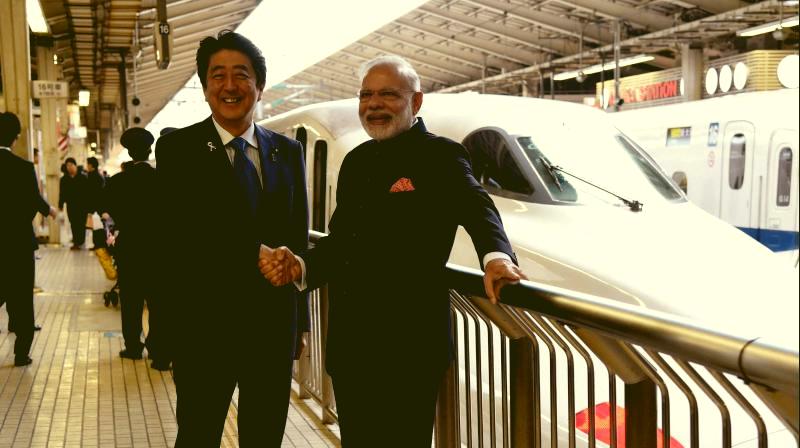In 1837, the first railway in India was designed by Arthur Cotton to run between Red Hills and Chindadripet in Chennai[1] . Railways was a hot new technology that was just started in Europe and here this guy Cotton was building it in a colony.
It didn’t carry any humans. 16 years later would be built the first passenger railway between Mumbai and Thane carrying humans and changing the future of Mumbai.
Why not more efficient bullock carts our keyboard warriors might have asked had they been alive and had they found keyboard. Maybe the better bullock carts would have been sufficient for Red Hills-Chindradipet and Mumbai-Thane routes. However, those small routes would eventually become the blueprint to cover the whole nation. Who could have imagine India’s lifeline to be that hot new tech designed for Europe?
Sir Cotton was a genius, visionary and done amazing things in south India.
Technology development doesn’t work linearly. We don’t need to or have to have great bullock carts before we have railway lines. We don’t need to think about the limited application in the initial days. Every great technology starts off in its limited application before flowering to bring applications unheard of.
Dr. Vikram Sarabhai did a Arthur Cotton when he developed the genesis of India’s space program with simple sounding rockets. Eventually that tech would go on to do amazing things for India. We didn’t need to have perfect whatever before we could have rockets and satellites. We didn’t need to have perfect whatever to get on to the software services revolution.
In the same way, we don’t need to have perfect railways lines before embarking on bullet trains. It never works that way. Just as the young railway lines changed the future of the country, new technology – from satellites to missiles to robots to computers to bullet trains could change our future in unpredictable ways.
We cannot wait until everyone has food, jobs and safety before we embark of technology development. In fact, it is the technology development that will bring everyone their food, jobs and safety. Japan was not a rich country when they started building their bullet trains. They became rich later. Same with China and every other country that embarked on building advanced tech.
When US sent humans to moon in 1969 they had poor people. However, they took the gamble and the resulting progress from JPL and other projects indirectly helped create Silicon Valley and other areas.
The perils of a democracy is that everyone has a voice and we keep navel gazing and second guessing every decision. That is the reason why we are a Republic – a representative democracy. While people are good at judging leaders they are terrible at judging policies and technology.
We get a generous 0% loan from Japan and both sides benefit from this arrangement. Not investing in bullet trains would not magically make our tracks more secure. It is not taking any money off our safety budget. And it could spark development in the region in ways we cannot imagine now. Who would have thought the shabby little train between Red Hills and Chindadripet would change the country?
We will always have problem and there is no time better than now to get started on great tech. There is a proverb in Tamil: if you want to swim in the ocean, you cannot wait for the waves to end.
